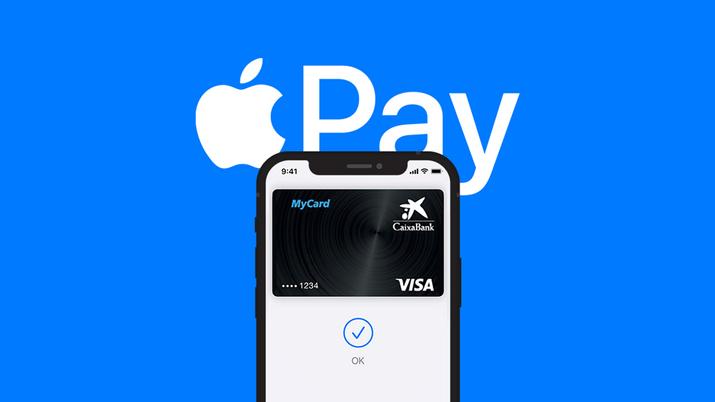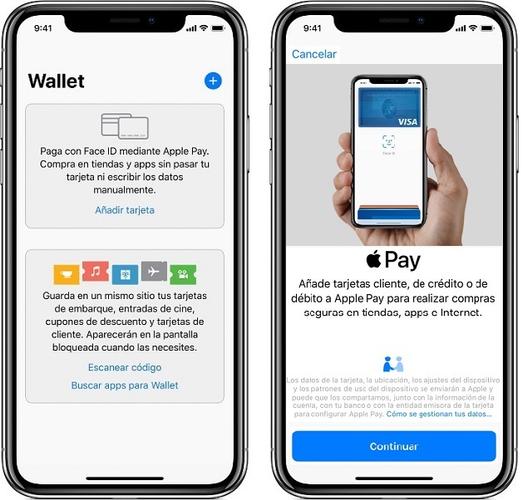Europe has once again made Apple make iPhones less restrictive. In recent times we have seen how those from Cupertino have had to implement a USB-C connection for charging and recently they had to open up to installing third-party applications. Now, the European Commission’s resolution directly attacks its NFC.
As already Reuters anticipated At the end of last year, Apple finally took the lead and on this occasion has presented measures to reverse the situation of abuse of dominant position that Europe considered it had with respect to mobile payments.
Open NFC to third parties
Until now, Apple had focused on Apple Pay as the payment solution on iPhone and iPad for the brand’s devices, a common practice in those from Cupertino. However, this did not please Brussels, who accused the company of abusing its dominant position by restricting access to this feature to other payment solution providers.
«Apple iPhones work exclusively with the Apple operating system (“iOS”), with which they form a “closed ecosystem.” Apple controls all aspects of this ecosystem, including access to it for mobile wallet developers. Apple Pay is the only mobile wallet solution that can access the necessary hardware and software (“NFC input”) in iOS to enable mobile payments in physical stores. “Apple does not make it available to third-party mobile wallet app developers.”

This led to the communication in May 2022 from Europe to Apple that such exclusionary conduct may restrict competition in the mobile payments market on iOS devices, in violation of Article 102 of the Treaty on the Functioning of the European Union.
Apple commitments
To address this position of abuse and be able to continue marketing its devices in Europe respecting Article 102, Apple has presented a series of amendments that would bring the devices from our continent. These measures include:
- Allow third-party mobile wallet and payment service providers to access and interoperate via API with NFC functionality on iOS devices for free, without having to use Apple Pay or Apple Wallet. Apple will create the necessary APIs to allow equivalent access to NFC components in the so-called Host Card Emulation (‘HCE’) mode, a technology issued to securely store payment credentials and complete transactions using NFC, without relying on an element of security built into the device.
- Apply the commitments to all third-party mobile wallet app developers based in the European Economic Area and to all iOS users with a European Apple ID registered in the EEA. Apple will not prevent the use of these applications for payments in stores outside the EEA.
- Provide additional features and functionality, including disabling preferred payment apps, access to authentication features such as FaceID, and a suppression mechanism.

- Apply fair, objective, transparent and non-discriminatory eligibility criteria to grant NFC access to third-party mobile payment application developers, who must enter into a license agreement to have access.
- Establish a dispute resolution mechanism under which Apple decisions denying access to NFC input will be reviewed by independent experts.
These commitments agreed with the European Commission will currently be in force for ten years. Its implementation would be supervised by a monitoring administrator, who will periodically report to the Commission on progress and the status of compliance.













